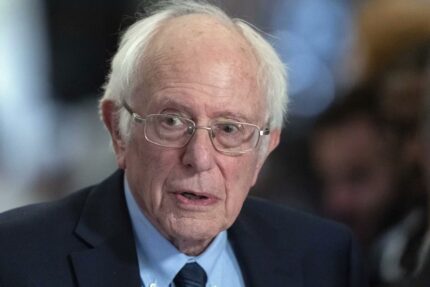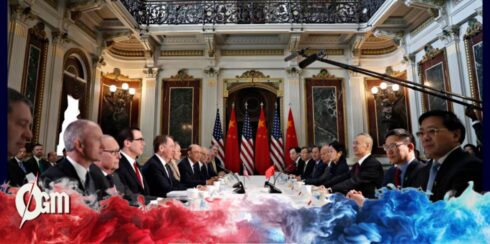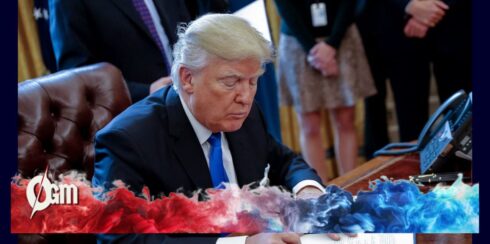Sen. Bernie Sanders, I-Vt., criticized President-elect Donald Trump’s remarks threatening jail time for members of the House Jan. 6 Committee as “an outrageous statement,” labeling it indicative of authoritarianism and dictatorial tendencies. Speaking on NBC News’ “Meet the Press,” Sanders said Trump’s comments represent a significant threat to democratic principles.
“This is what authoritarianism is all about. It’s what dictatorship is all about,” Sanders emphasized during the interview. Trump’s statements have sparked widespread criticism, particularly among committee members who led the investigation into the Jan. 6 Capitol attack. Bernie Sanders also urged President Joe Biden to “very seriously” consider granting pre-emptive pardons to protect committee members, including prominent Republicans like former Reps. Liz Cheney and Adam Kinzinger, from potential political retribution.
Trump Doubles Down on Pardons for Jan. 6 Supporters
Trump’s controversial comments came during an earlier appearance on “Meet the Press,” where he suggested that members of the Jan. 6 Committee “should go to jail.” He also reiterated his intention to pardon his supporters convicted for their roles in the Capitol riot, describing their imprisonment conditions as “filthy” and “disgusting.”
Over 1,500 individuals have faced charges related to the events of Jan. 6, with more than 1,200 convictions or guilty pleas. Trump’s position has divided Republicans, with key allies like Sen. Lindsey Graham, R-S.C., distancing themselves. When asked by Kristen Welker, Graham firmly rejected the idea that committee members should face jail time, highlighting growing discord within the party regarding Trump’s rhetoric.
Bipartisan Backlash to Trump’s Remarks
Committee members have condemned Trump’s statements, defending their actions as lawful and necessary for upholding democratic accountability. Rep. Bernie Sanders Thompson, D-Miss., who chaired the committee, dismissed Trump’s accusations, stating, “As members of Congress, we were doing our job, and as long as we do our job, there are certain guarantees that we have.”
Sen. Adam Schiff, D-Calif., a former committee member now serving in the Senate, characterized Trump’s comments as dangerous. In an interview on ABC’s “This Week,” Schiff rejected calls for pre-emptive pardons, emphasizing that such decisions undermine democratic accountability. Meanwhile, Cheney released a statement denouncing Trump’s remarks as part of a broader assault on the rule of law.
Bernie Sanders Calls for Safeguards Against Retaliation
In his interview, Bernie Sanders highlighted the importance of protecting public officials who fulfill their duties in the face of potential political retribution. “President Biden might want to consider very seriously how we protect the integrity of those who stand up for democracy,” Sanders stated. While pre-emptive pardons remain a contentious issue, Sanders argued they may be necessary to safeguard committee members from unjust prosecution.
With Trump’s comments sparking national outrage, Democrats and some Republicans are urging vigilance to prevent further erosion of democratic norms. Whether President Biden will heed Sanders’ call for pre-emptive pardons remains uncertain, but the ongoing debate underscores the deep divisions in American politics heading into 2024.
Broader Implications for Democratic Processes
The ongoing controversy reveals deeper tensions within the American political system. Trump’s continued challenges to the Jan. 6 investigation raise significant questions about accountability, democratic norms, and the peaceful transfer of power. Committee members remain resolute, with Thompson emphasizing their constitutional guarantees and commitment to performing their legislative duties.
As the political discourse continues to evolve, the Jan. 6 Committee investigation remains a critical focal point for understanding the challenges to democratic institutions in the United States. The situation continues to underscore the delicate balance between political accountability and the fundamental principles of democratic governance.














